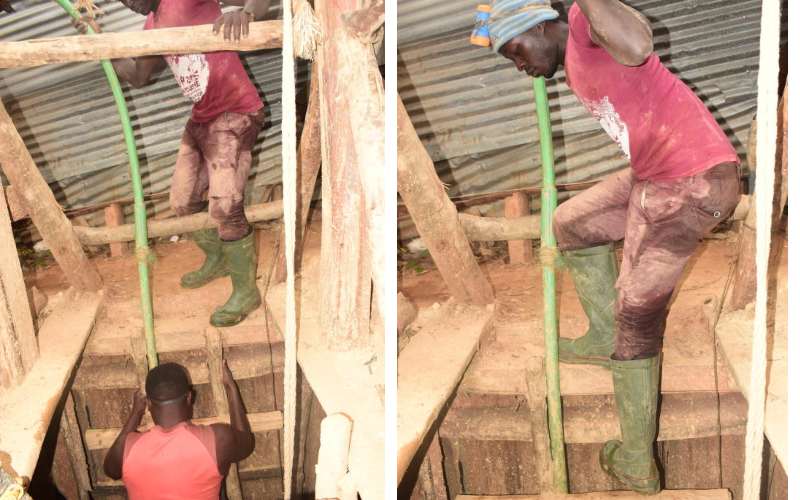×
The Standard e-Paper
Join Thousands Daily

Augustine Orenge, a Journalism and Mass Communication graduate from Presbyterian University and Levis Musembe, Human Resource Management graduate from Moi University prepare to enter into a gold shaft in Buvasi Village in Vihiga County.[Mumo Munuve,Standard]
Levis Musembe, 27, had huge expectations when he left Moi University Eldoret in 2017.